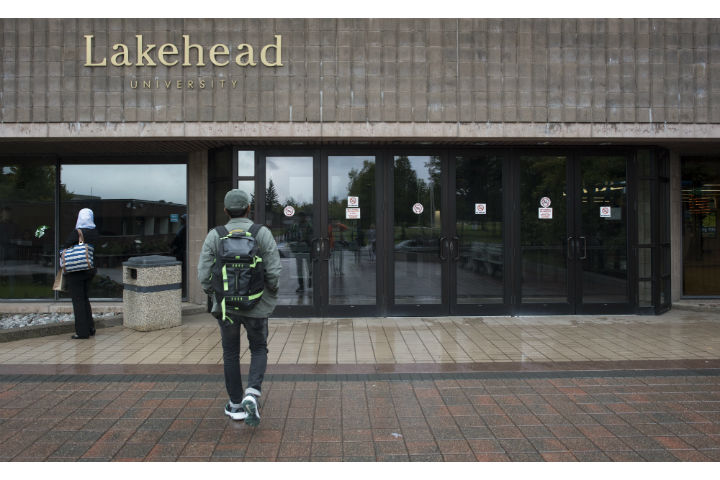A new study has found the majority of Canadians believe climate change education is falling short of expectations.

Fifty-one per cent of Canadians feel well-informed about climate change, but 43 per cent failed a climate knowledge test, according to the study, which was led by Lakehead University researchers in collaboration with the education organization Learning for a Sustainable Future.
In the study, 86 per cent of Canadians said they need more information about climate change.
“The majority of Canadians and teachers think the education system should be doing more to educate young people about climate change,” said Pamela Schwartzberg, president and CEO of Learning for a Sustainable Future.
“Teachers think that climate change should be the role of all teachers, not just science teachers.”
The study shows that climate change is mostly taught through science-related subjects, followed by social studies.
“For teachers who do integrate climate change, the amount of instructional time is one to 10 hours per year or per semester that students experience,” said Ellen Field, a Social Sciences and Humanities Research Council postdoctoral fellow who worked on the survey.
“That was a big surprise because if you think about the gravity of climate change and climate change impacts and preparing young people to understand what the 21st century is going to look like, then you would think that we would be spending more time on that.”

When it came to the climate knowledge test, Schwartzberg said people struggled with questions about climate change’s causes and Canada’s largest greenhouse gas emitters.
“I think they want to know more about what they can do to make a difference,” Schwartzberg added. “They want information from trusted sources.”

Get breaking National news
According to Field, many Canadian students understand that human-caused climate change is happening, but they don’t believe human efforts will be effective in combating it.
“More than any of the other groups, they think there’s going to be a technological fix without having to make changes in their lives,” Schwartzberg said.
“I think this is concerning when you think about that kind of mindset and how it may frame their future quality of life.”
The report lays out several recommendations, including that education ministries should release policy statements guiding climate change education and that more information about climate change from trusted sources should be provided to Canadians.
“They should revise curricula to embed climate change as core expectations,” Schwartzberg said.
“Teachers told us that their biggest barrier was time in the classroom to teach about it, and really, that’s because of competing priorities because what’s in the curriculum has to be taught so if it’s not core curriculum, then they don’t have the time within the classroom to teach about it.”
Field said Italy recently mandated climate change education in schools and that it’s the first country in the world to do so.
“That sort of gives us a sense of where we might want to go with respect to climate change education,” Schwartzberg added.

Methodology:
From the Leger Web Survey, a total of 2,191 Canadians were surveyed online using Leger’s panel, Legerweb.com. The survey was conducted from Oct. 3 to 25, 2018 in English and French. The target respondents for this survey were:
- Educators, including public and private school teachers in the formal K-12 education system, educational assistants, department heads, curriculum leads and curriculum consultants working for school boards, vice-principals, principals, district leaders and school administrators
- Students from grades 7 to 12 in the formal education system
- Parents of students in the formal K-12 education system
- Members of the general public, including those who do not identify as educators, students or parents
As a non-random internet survey, a margin of error is not reported. Had these data been collected using a probability sample, the margin of error for a sample size of 2,191 would have been ±2.1 percentage points, 19 times out of 20.








Comments